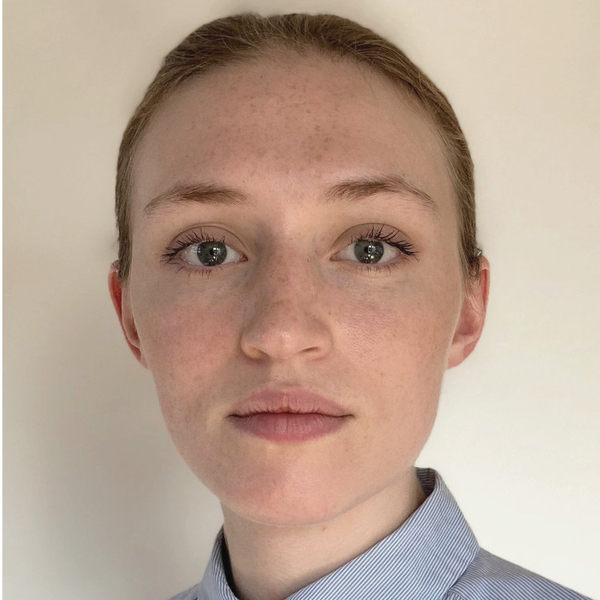Finding commonalities in rare diseases through the undiagnosed diseases network
This on-demand webinar does not offer CE credit.
Lead author Josephine Yates, MSc, discusses this month's JAMIA Journal Club selection:
Yates J, Gutiérrez-Sacristán A, Jouhet V, et al. Finding commonalities in rare diseases through the undiagnosed diseases network [published online ahead of print, 2021 May 3]. J Am Med Inform Assoc. 2021;ocab050. doi:10.1093/jamia/ocab050
Watch the Recording
Author
Josephine Yates, MSc, is a PhD candidate under the supervision of Prof. Valentina Boeva, in the Department of Computer Science at the Swiss Federal Institute of Technology (ETH Zürich). Josephine earned her first master’s in 2019 at Ecole Polytechnique, Paris. During this master, she had the opportunity to work in the Department of Biomedical Informatics at Harvard Medical School. Her research there focused on computational methods for the study of rare diseases. In 2021, Josephine earned her second master’s in Computational Biology and Bioinformatics at
ETH Zürich. Josephine is now focusing on the role of DNA methylation in cancer etiology and oncogenic transformation.
Moderator
Chao Yan is a PhD student at the Department of Electrical Engineering and Computer Science at Vanderbilt University in Nashville, Tennessee. He is a member of Health Information Privacy Laboratory, which is a part of the Vanderbilt Health Data Science Center. His research focuses on 1) the mechanisms of anomaly detection/auditing in EHR access logs for catching/deterring malicious insiders, 2) EHR simulation via generative models, and 3) representation learning and predictive modeling in the healthcare domain.
Manager
Statement of Purpose
The heterogeneity and scarcity of rare diseases have historically been a hurdle in their study and hindered investigators from discerning what to focus on to understand and treat them. Non-genomic methods must be developed to identify similarities in a seemingly dissimilar group of patients. Our observational study using the cohort of the Undiagnosed Diseases Network (UDN) shows that, despite the scarcity and heterogeneity of patients with rare diseases, one can find commonalities that can be harnessed to uncover new insights into their pathologies.
Target Audience
The target audience for this activity is professionals and students interested in health informatics.
Learning Objectives
After participating in this webinar the listener should be better able to:
- Recognize the characteristics of the cohort of the Undiagnosed Diseases Network, a multicenter, nationwide research study focused on ultra-rare undiagnosed diseases
- Consider how to use the approach of this UDN study to identify similarities in seemingly dissimilar conditions and cluster heterogenous patients using Human Phenotype Ontology (HPN) terms
Format
- 35-minute presentation by article author(s) considering salient features of the published study and its potential impact on practice.
- 25-minute discussion of questions submitted by listeners via the webinar tools and moderated by JAMIA Student Editorial Board members
Accreditation Statement
The American Medical Informatics Association is accredited by the Accreditation Council for Continuing Medical Education to provide continuing medical education for physicians.
Credit Designation Statement
The American Medical Informatics Association designates this live activity for a maximum of 1 AMA PRA Category 1 Credit(s)™. Physicians should claim only the credit commensurate with the extent of their participation in the activity.
The live webinar only offers CME credit. The recording on our website will be openly available for learners but will not offer CME credit.
Commercial Support
No commercial support was received for this activity.
Disclosures for This Activity
The following planners, and staff who are in a position to control the content of this activity disclose that they have no relevant financial relationships with commercial interests/ineligible entities:
- Presenter: Josephine Yates
- JAMIA Journal Club planners: Hannah Burkhardt, Kirk E. Roberts, Chao Yan
- AMIA staff: Susanne Arnold, Pesha Rubinstein
Instructions for Claiming CME Credit
Use the link in the webinar’s chat area to access the claim-credit survey; in a day or two you will receive an email with your CME certificate. If you require a certificate of participation, contact Pesha@amia.org.


